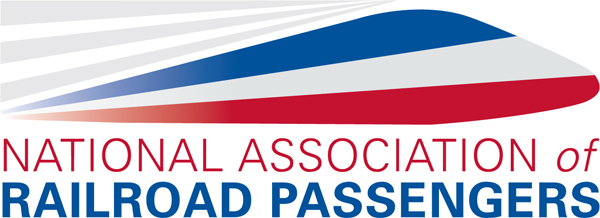Tell your mayor to Stand Up for Trains!
June 19, 2013
Written By Sean Jeans Gail
The House Appropriations Committee’s attack on Amtrak, which we reported to you yesterday, is just the tip of the iceberg.
The House Transportation & Infrastructure Committee leadership has criticized the long-distance trains, and appears poised to write an authorization bill that will threaten those trains, possibly by requiring states to pay for them—something NARP and others consistently have attacked as unworkable.
Chairman Bill Shuster (R-PA) has, referring to these trains, reportedly said “there are places that it costs us a lot of money and the ridership is not there.” Railroads Subcommittee Chairman Jeff Denham (R-CA) at his May 21 hearing called them the one part of Amtrak where losses keep growing. Of course, the shorter distance lines have benefited from considerable state and federal investment, including new rolling stock that increases capacity, and the Northeast Corridor continues to require massive capital infusions that help the operating bottom line but are not charged to it.
Considering the comparative neglect of long-distance trains, it is noteworthy that—on a per-passenger basis—the net cost of long-distance service fell (improved) by 9.2% from Fiscal 2008 to 2012. Moreover, the improvement was 18% on the oft-criticized Sunset Ltd. + Texas Eagle. Long-distance train ridership rose every year during that period, even though ridership on Amtrak as a whole fell in 2009 due to the financial crisis.
While there is a chance that no authorization bill will be written this year, the appropriations bills must proceed unless there is a government shutdown.
Members of Congress respond best to mayors and other local politicians and business leaders. If you live in or near a community where Amtrak is important, please ask your mayor and/or other influential local people to contact your (and their) U.S. representative and ask them to work to save Amtrak’s long-distance network. If your city is on a short-distance route, the message is still important. Since 23 states are served only by long-distance trains, it’s easy to see that the entire system would be at risk of shutdown if such a large number of states were to lose their service.

